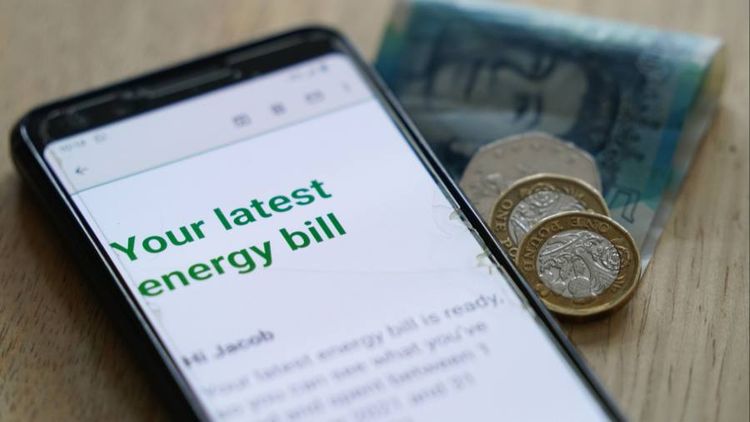UK government debt surpasses GDP for first time in 62 years

The amount that the government borrowed from the public sector increased significantly, reaching a total of £20 billion in May.

Get updates on public finances in the UK for no charge
You will receive an email called myFT Daily Digest to inform you about the most recent updates on UK public finances every morning.
Public sector borrowing doubled in May, causing the UK debt to exceed 100 per cent of gross domestic product. This is the first time this has happened since 1961.
On Wednesday, the Office for National Statistics reported that the net government debt reached 100.1 per cent of the country's Gross Domestic Product. This is the first time that the percentage has been over 100 since March 1961.
The increase occurred following an escalation in public sector net borrowing to £20bn in May, a significant rise of £10.7bn compared to the previous year. This is mainly due to the expenses related to social welfare benefits and programs supporting energy.
May saw the borrowing figures hitting the second-highest mark since 1993. The amount stood at more than the anticipated figures of £19.5bn by Reuters' polled economists and £18.3bn by the UK fiscal watchdog, the Office for Budget Responsibility.
In the period up to May 2023, the amount of money borrowed was £42.9bn. This is considerably higher than the amount borrowed during the same two months of the previous year, which was £19.6bn less. Additionally, it exceeded the prediction made by the OBR by £2.1bn.
Ruth Gregory, an economist at Capital Economics, expressed skepticism about UK Chancellor Jeremy Hunt's ability to announce substantial tax cuts before the upcoming election and still maintain his fiscal targets in light of the disappointing financial statistics released in May.
According to the ONS, the expenses related to energy support schemes have risen, along with an increase in employee costs and benefits, leading to a surge in public sector spending in the month of May.
The data revealed that there was a decline in the growth rate of government earnings last month, marking the lowest year-on-year increment since March 2021.
According to economist Samuel Tombs from Pantheon Macroeconomics, the increase in the interest rates of government bonds means that it's unlikely for the chancellor to decrease taxes prior to the upcoming general election that will take place no later than January 2025.
He estimated that the OBR would increase its prediction for how much the government will have to spend on making interest payments on debt by approximately £39 billion in 2024-2025, and around £17 billion after five years. This projection was based on the present level of gilt yields and expectations from the market regarding interest rates.
Hunt mentioned that the government made some tough choices to stabilize the economy by decreasing inflation and reducing debt. However, recent information from the ONS revealed that inflation did not decrease as anticipated and stayed at 8.7% in the previous month.
With a forthcoming general election, the government will face a tough challenge in the upcoming months to achieve a long-lasting solution in balancing their financial books while making new election promises, as stated by KPMG UK’s senior economist, Michal Stelmach.





























































